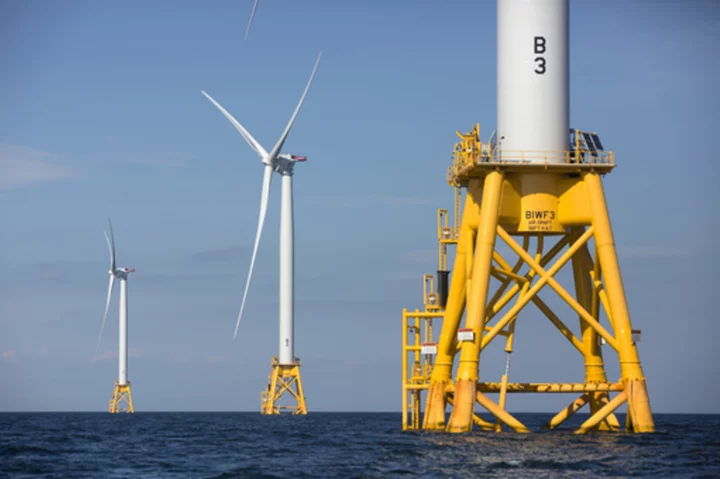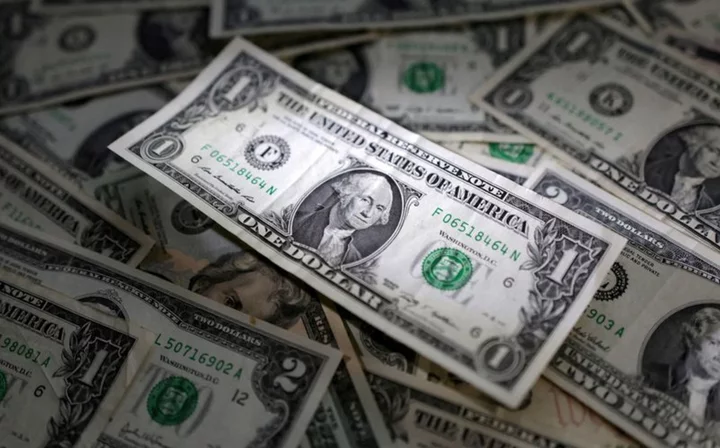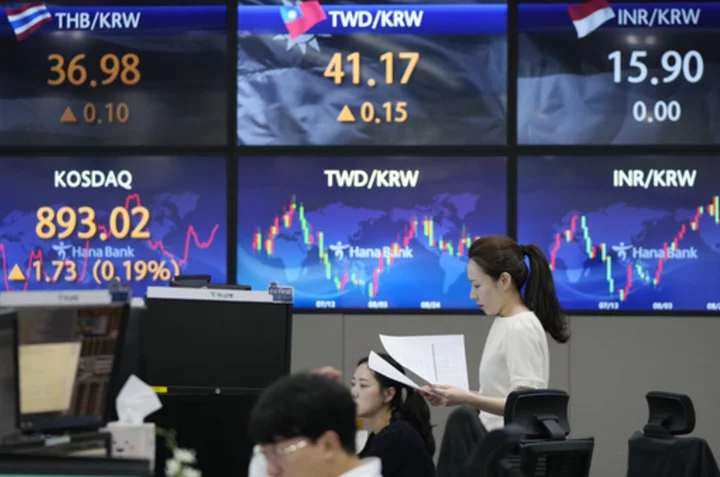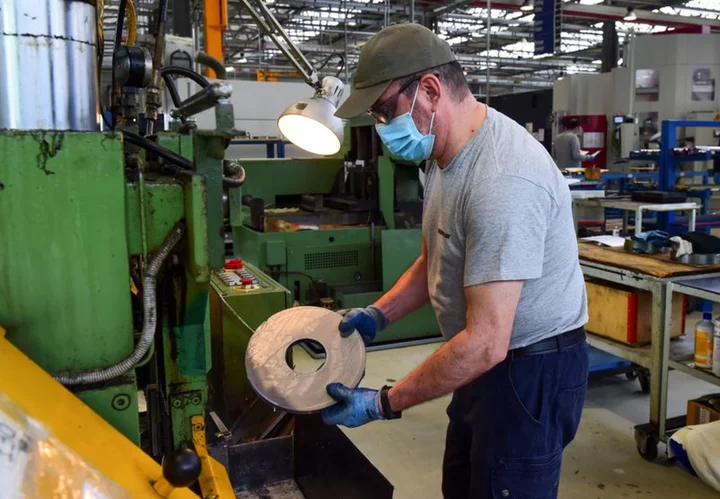By Ana Isabel Martinez
MEXICO CITY Mexico's president took office in late 2018 pledging to boost local output of gasoline while phasing out imports, but so far state refineries have instead set a different course: bumper production of highly-contaminating fuel oil.
To make Mexico self-sufficient, leftist resource nationalist President Andres Manuel Lopez Obrador wants the country to wean itself off dependence on foreign gasoline and diesel supplies, mostly from U.S. refiners, and replace them by 2024 with production from state oil company Petroleos Mexicanos (Pemex).
The push to increase Pemex's output, however, has ramped up fuel oil production, due mostly to its refineries' struggle to efficiently process the heavy crude Mexican oil fields pump.
Some Pemex executives describe Lopez Obrador's promise as more ideological, and less tethered to technical realities.
"It's really more of a political statement than a reachable goal," one Pemex executive told Reuters, speaking on condition of anonymity to candidly discuss the quandary.
Pemex did not respond to requests for comment.
In April, Pemex fuel oil production averaged over 322,000 barrels per day (bpd), the highest since July 2010 - even though the company's total crude output is now over a fifth lower than it was during 2016, official data show.
By contrast, gasoline output was 291,000 bpd in April. While over 40% higher than the 2019 average, the figure is down 4% from April 2022, and over 10% below the 2016 average.
CORE PROBLEMS
Pemex fuel oil is a sludge-like product, especially bad for air quality when burnt to generate electricity due to its high sulfur content, which has diminished its market value.
Most refiners seek to minimize production of fuel oil by using coking plants to extract higher value fuels like gasoline and diesel from heavy crude.
Lopez Obrador's plan also aims to end Pemex's long history as a major crude exporter, and instead refine it all at home. The firm produces around 1.6 million bpd of crude, but still exports more than 900,000 bpd - more than it refines.
Pemex's six active domestic refineries are also only utilizing about 54% of their 1.6 million bpd crude processing capacity. The president has sought to change that by investing in major upgrades, but has little to show for it yet.
Lopez Obrador has moved to lift gasoline output via two additional oil refineries, the partially-built but still offline Olmeca facility on the Gulf coast, as well as Houston's Deer Park facility, which was fully acquired by Pemex in 2021.
He is also betting on two more under-construction coking plants adding another 145,000 bpd of gasoline and diesel. But these projects are unlikely to significantly grow gasoline and diesel output before Lopez Obrador's term ends in October 2024.
For now, Pemex's motor fuel production is still eclipsed by what it buys abroad, or around 353,000 bpd of gasoline imports this year through April.
Over that period it has exported around 224,000 bpd of fuel oil, finding outlets for the contaminating product beyond state power company Comision Federal de Electricidad, which burns it to make electricity at several large plants.
Last November, Lopez Obrador even claimed Mexico would stop importing motor fuels by the end of this year.
But until core problems are resolved, the president's more political timetable will almost certainly slide.
"The (growing) production of fuel oil is a problem that really extends from the deterioration of the refineries to their crude diets," said the Pemex executive, noting that most of the refineries were designed to process lighter grades of crude at a time when that was what Pemex primarily produced.
(Reporting by Ana Isabel Martinez; Writing by David Alire Garcia; Editing by Dave Graham and Marguerita Choy)









